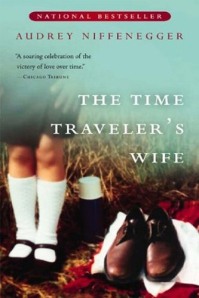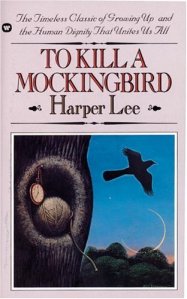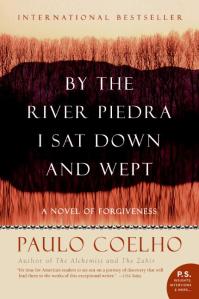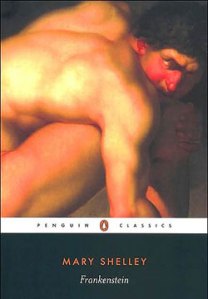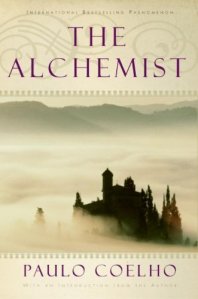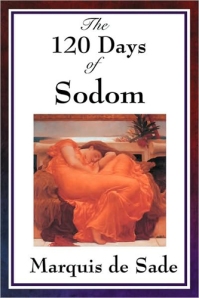Hi all!
It has been a long time since I’ve been here and I can’t even imagine it myself that it took this long to finish “The Count of Monte Cristo”. It is indeed a long book, and I knew that when I started it, but I also knew it would be great. And it was. I have to admit, this was one of the most fascinating books I’ve ever read. But definitely, this was the worst time to read it, and I guess that is one of the reasons why I finished it so late.
I have a lot on my plate nowadays, balancing work, exams and preparing for my Bachelor’s Degree certification, so all I needed was a good book to keep me focused 😀
The weird part is that I don’t think I’ve fully understood that it’s over. I keep thinking about reading another chapter in my spare time, but then I remember, there’s no more chapters left. I guess I really got used to the characters, with all the time I’ve spent on them. And I miss them, because each one was a very interesting person, be it in vices and faults, or decency and good will. And the plot itself is very captivating and complex, with turns you don’t anticipate and many threads to present the lives of the many characters, that somehow are still woven together.
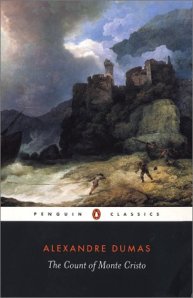 The book is actually the story of a young man named Edmond Dantes, who although very young, would soon become captain of a ship and also marry the love of his life, Mercedes. But this perfect future is soon destroyed, as Edmond is accused by Danglars, a fellow official on the ship, and Fernand, a man in love with Mercedes, to be a conspirator. Although innocent, Edmond is still imprisoned, as the king’s attorney tries to save the life of his father.
The book is actually the story of a young man named Edmond Dantes, who although very young, would soon become captain of a ship and also marry the love of his life, Mercedes. But this perfect future is soon destroyed, as Edmond is accused by Danglars, a fellow official on the ship, and Fernand, a man in love with Mercedes, to be a conspirator. Although innocent, Edmond is still imprisoned, as the king’s attorney tries to save the life of his father.
He stays in prison for fourteen years, during which he befriends the Abbe Faria, who becomes his teacher and father in their despair. When this beloved guardian dies of an unfortunate illness, Edmond finds that he was given once again a chance at freedom, and even wealth.
He returns to his home town, but the life that he left behind was nowhere to be found. The good people he remembered were all driven to misery, while the ones who plotted against him were successful and rich. And so, the plan to avenge himself stirs in the mind of Edmond, naming himself from then on the Count of Monte Cristo. He gradually enters the lives of his former “acquaintances” and by manipulating the threads of destiny, he tries to undo the wrong and bring ease to his years of pain, by punishing those that punished him with the undeserved sufferings at the Chateau d’If .
As I said, the story is a rather complex one, and also presents some very interesting ideas about destiny, about hope and about happiness. Each character is beautifully displayed, and we can almost see into the recesses of their hearts. Every pang of pain, every glitter of joy can be felt by the reader also. And I think one of the saddest episodes of the book was when the count revisited his dungeon and listened to his own story told by the guide. I’m not afraid to confess, it did indeed bring tears to my eyes. And I love when a book can achieve that, because that basically means that I bow before the author for being able to write this. And in case of this book, the bow isn’t only for that particular scene, but for the whole book. It is a masterpiece, no doubt about it.
I guess this is all I’m going to say about it for now, because I feel I could go on and on, but it’s not the time for that 😀
Anyway, if you would like to read it online, you can find it here: The Count of Monte Cristo.
So, I guess that’s all for now. I’m not really sure when I’ll be back with the next book, probably not that soon, due to causes I’ve already listed. But when I do return, I’ll be reviewing Paulo Coelho’s “The Alchemist”.
Until then, have a nice day and a nice read!
